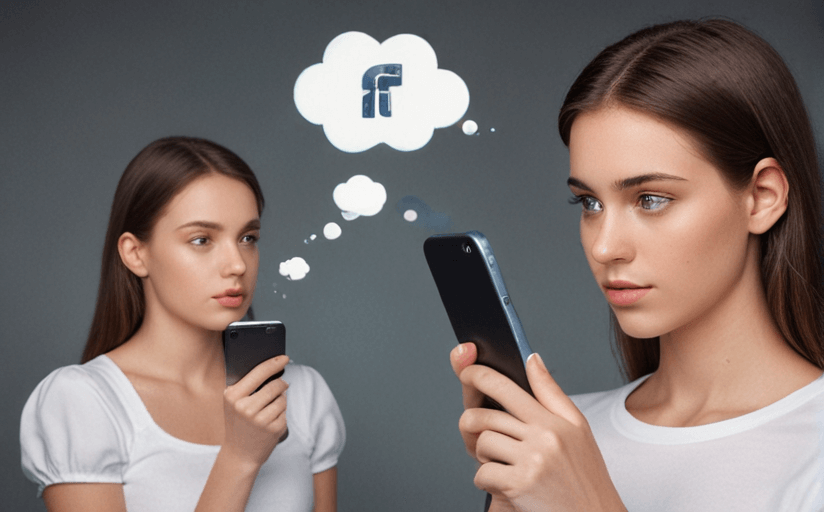Social Media and Body Image Perception: An Exploration
The Evolution of Body Image Standards
Over the years, social media platforms have revolutionized the way body image is perceived and projected, leading to a significant alteration in body image standards. Once controlled by traditional media outlets which favored unrealistic body ideals, body image standards have undergone a seismic shift due to social media, where individuals have the autonomy to define and showcase their unique body images, freeing them from the constraints of traditional media's one-dimensional portrayal.
The Role of Influencers and Celebrities
In this wave of redefining body image standards, influential figures like celebrities and influencers play a pivotal role. Their immense reach and influence not only shape perceptions but also set the tone for body image discussions. Many celebrities and influencers are known to glorify certain body types, often perpetuating unrealistic and unattainable body ideals. Others have used their platform responsibly by promoting body positivity and the acceptance of all body types, challenging the traditional norms.
The Influence of Everyday Users
Everyday users also significantly sway body image norms with the power of their perspectives and experiences. Their capacity to share personal journeys of body acceptance challenges stereotypical body ideals. Whilst this certainly promotes diversity, it, however, comes with the risk of the comparison trap, where users compare their bodies to the images they see online, fostering negative body image and impacting their mental health.
Psychological Consequences
The impact of these evolving body image standards on users, particularly younger generations, is immense. The pervasive culture of ideal body pursuit can lead to body dissatisfaction, reduced self-esteem, eating disorders, depression, and even suicidal thoughts. Conversely, the growing body positivity movement on these platforms can boost self-acceptance and mental health.
Positive and Negative Implications
On the positive end, social media can be an empowering space that encourages self-expression and fosters a sense of community, leading to positive body image and mental health. The negative implications, however, include a heightened sense of self-scrutiny, harmful comparison tendencies, and increased body dissatisfaction. These issues mainly stem from unrealistic, altered and strategically posed images that create skewed perceptions of normal bodies.
Strategies for a Healthier Body Image
It is thus crucial to promote healthier body image perceptions through social media. This involves creating a more inclusive and accepting digital environment that celebrates diversity. Influencers, celebrities, and ordinary users can be advocates, promoting realistic, unedited images and encouraging self-love. Tools enabling users to control the content they view and educational efforts addressing media literacy and body image can be crucial steps towards this goal.
















Comments
Leave a Comment